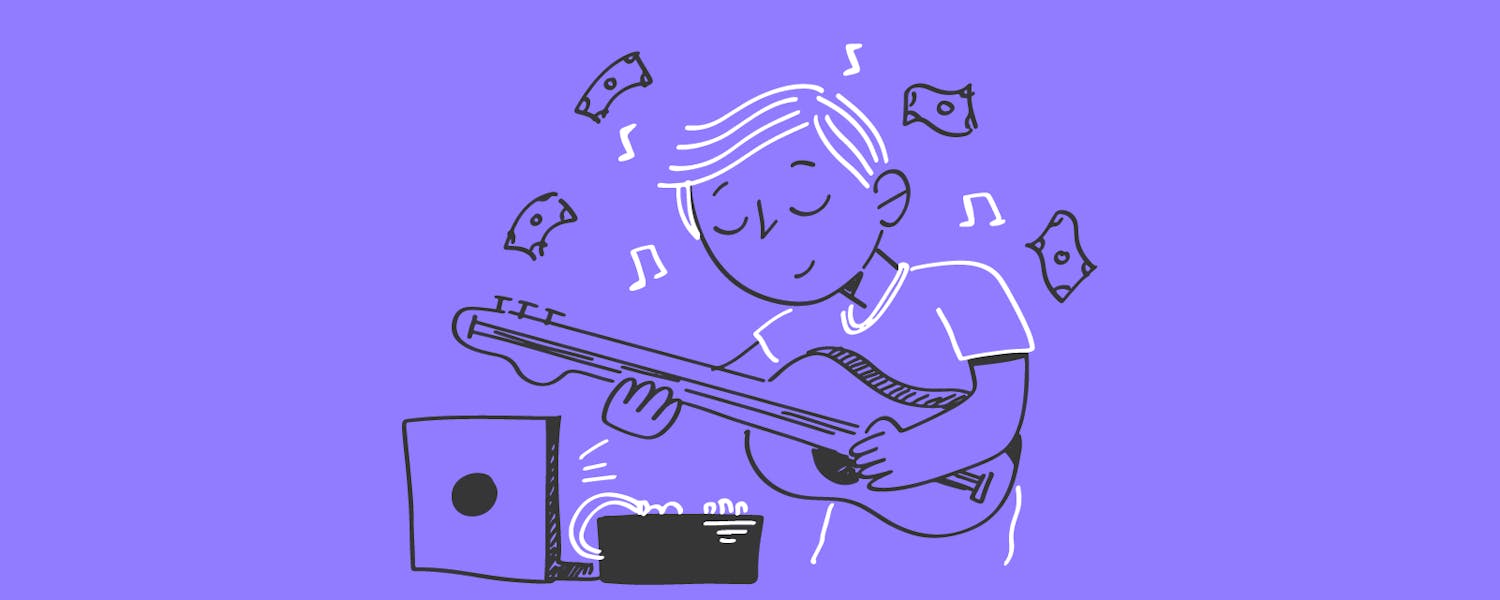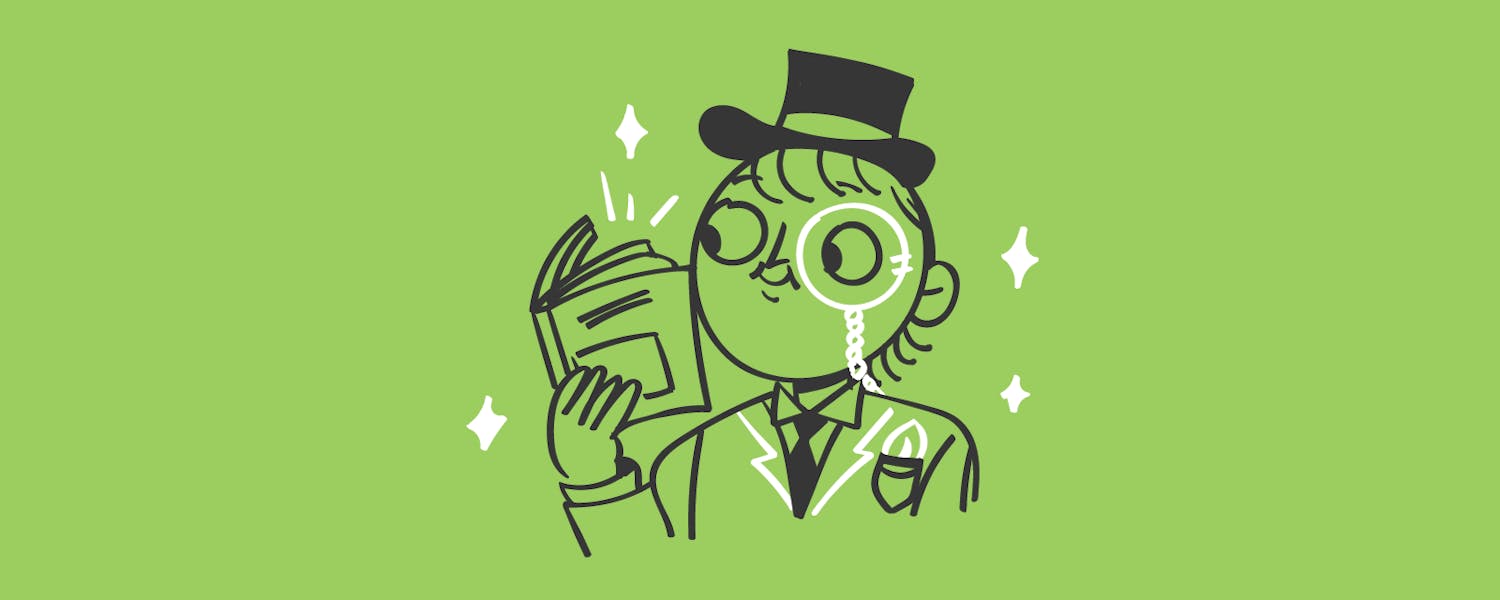When to Wait for a Property or Sign a Mortgage
Buy now, or wait? The question many prospective buyers need help answering in today's ever-changing housing market. Despite facing the worst of both worlds, expensive homes and borrowing rates, homeownership is a goal most hope to achieve.
Motivating factors like remote work, rent increases, and changing lifestyles are pushing some to make the move sooner rather than later.
But timing matters in real estate, and the decision to buy should depend on your readiness to become a homeowner and your financial situation. Acting too quickly could cost you. Here are some key considerations to help you make the best decision.
Inflation can boost rates
The Federal Reserve’s mission is to keep prices from rising and falling too quickly. By influencing interest rates, the Federal Reserve is able to control inflation. They lower interest rates when inflation is low to stimulate economic growth.
Envato/kenishirotie
When inflation is too high, they do the opposite to slow the economy. While the Federal Reserve's key short-term rate does not directly change mortgage rates, rate hikes make loans more expensive. This affects credit cards, auto loans, home equity lines of credit (HELOC), and mortgage loans.
Some homeowners become landlords because the demand for rentals can allow them to cover their monthly mortgage payments with the rental income.
Higher rates shrink buying power because they make loans more expensive. A higher rate means paying more money over the life of the loan.
|
A mortgage with a low interest rate |
A mortgage with a high interest rate |
|
Loan: $300,000 Down Payment: 20% Interest rate: 3.5% Monthly payment: $1,347 (not including home insurance and property taxes). If we include the compound interest, the total cost of a $300,000, 30-year fixed-rate mortgage with a 3.5% interest rate is $489,974.61. |
Loan: $300,000 Down Payment: 20% Interest rate: 6.5% Monthly payment: $1,896 ($549 higher) The total cost of the same house with a 30-year fixed rate mortgage at a 6.5% interest rate is $648,106.77. |
|
That is a difference of $158,132 over the life of the loan. |
|
Go one step further and consider other costs like home insurance, property taxes, moving expenses, or renovations.
Markets tend to adjust
Fortunately, higher rates slow down home price appreciation, bringing housing prices in line with rental prices.
History has proven this strategy works. There are two periods of significantly high prices where the Federal Reserve increased rates rapidly to calm high inflation.
From September 1979 to March 1982 and from September 1994 to February 1995.
It resulted in the slowdown of home price appreciation, and interest rates were then slowly cut to boost the economy.
Patience can be wise
If you are renting and in a stable, affordable housing situation, consider taking your time to pay down debt or save for a sizable down payment. Improving your credit score could help you qualify for better loan terms.
Envato/LightFieldStudios
If you already own a home, but it's been less than a year, waiting could pay off.
- Short-term capital gains are taxed as ordinary income, which could be as high as 37 percent.
- Long-term capital gains for properties you owned over a year are usually taxed between 15%-20% depending on your income tax bracket.
Unless you're planning to downsize, what you gain from selling your home at a premium, you'll lose in the form of higher rates and purchase prices on a new home.
With the high cost of borrowing, waiting to buy a house could make more sense.
Final Thoughts
Although this decision has many moving parts, carefully considering the long-term financial impact will benefit you, your family, and your bank account.
Investing in real estate can be highly lucrative, but only if it's done correctly.
Envato/thananit_s
Join us on IG @_dearmoney_ for tips on putting together a financial plan you can use to help with critical decisions, particularly in times like these.





